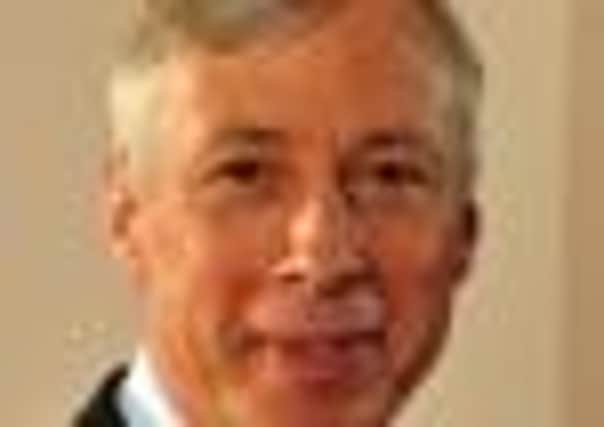Cull of ‘ghosts’ from GPs’ lists saves the NHS £6.1m in a year


It found family doctors had been overpaid millions of pounds for patients who have died, moved house or been forced to leave the country but had not been erased from their lists.
The review, led by the Audit Commission, uncovered 32,000 patients who had died, 30,000 who had registered with another practice and nearly 10,000 failed asylum seekers who had been deported. Nearly 20,000 patients were also removed after investigators found high numbers of people registered at the same property.
Advertisement
Hide AdAdvertisement
Hide AdSome 157 patients had died prior to 1980 including one whose GP continued to be paid for their care until April last year – even though they had died in 1969.
A further 335 patients had remained on lists despite dying between 1980 and 1990, while another 429 had passed away between 1990 and 2000.
Ministers are warning family doctors they will have to show their lists are accurate before they are authorised to take on landmark responsibilities for £65bn in NHS spending next year.
Figures show that, although 52.5 million people live in England, 55 million are registered with GPs. In some areas, there are 30 per cent more patients on lists than expected.
Advertisement
Hide AdAdvertisement
Hide AdToday’s report covering England and Wales said more could be done to remove duplicate names or those of deceased patients. In one area, more than 13,000 patients were taken off lists but in others none were removed.
It estimates £6.1m in one year alone has been saved through the removal of 95,000 ghost patients – but one official estimate puts the potential savings at £46m.
Andy McKeon, managing director of health at the Audit Commission, said: “The NHS and GPs generally manage patient lists well – at any one time there are some 58 million records and many movements on and off lists.”
But he said it was “disappointing” some areas did not rigorously follow up information leading to more savings.
Advertisement
Hide AdAdvertisement
Hide AdGPs are paid £64.59 on average for each registered patient, worth £2bn overall. Inaccurate lists mean some practices receive more than their fair share, while others miss out. When patients move to another practice, failing to remove them from an existing list can mean two GPs being paid for one patient’s care.
The report recommends better checks on patients aged over 100, which led to 3,000 names being removed in the exercise, and on duplicate names mainly in major cities where people move around more. It is the legal responsibility of both GP practices and primary care trusts in England to maintain accurate lists.
Laurence Buckman, chairman of the British Medical Association’s GP Committee, said some patients legitimately registered with doctors had been removed from lists. “It is important that lists are as accurate as they can be and ‘ghost patients’ should be routinely picked up by primary care organisations (PCOs) and removed as a matter of course,” he said.
“However, we have been concerned by reports from some areas of over-zealous list cleaning initiatives, where patients still validly registered with a practice have been removed against theirs and their GP’s wishes, often without their knowledge.
Advertisement
Hide AdAdvertisement
Hide Ad“It is important for PCOs and practices to work together to make sure that ghost patients are correctly identified and genuine patients are not disadvantaged.”
Health Minister Lord Howe said: “Identifying ‘ghost patients’ will ensure that practices are fairly funded only for the patients they are responsible for.
“The NHS needs to make the best use of the funds it has available and avoid giving GPs extra income for patients who have moved away or died.
“Where the local NHS attempts to contact patients to see whether they should remain on a GP practice list or be removed, they must make sure that they have adequate opportunity to respond to ensure that they are not removed in error.”
Advertisement
Hide AdAdvertisement
Hide AdCatherine Thatcher, deputy director of primary care at NHS Airedale, Bradford and Leeds, said it took seriously its responsibilities to ensure lists were accurate.
“We would strongly encourage people across the district to ensure they always inform their GP if they are moving or planning to leave the country,” she said. “We work regularly with our GP practices to actively follow up anomalies or duplicate data to keep patient lists up to date.”